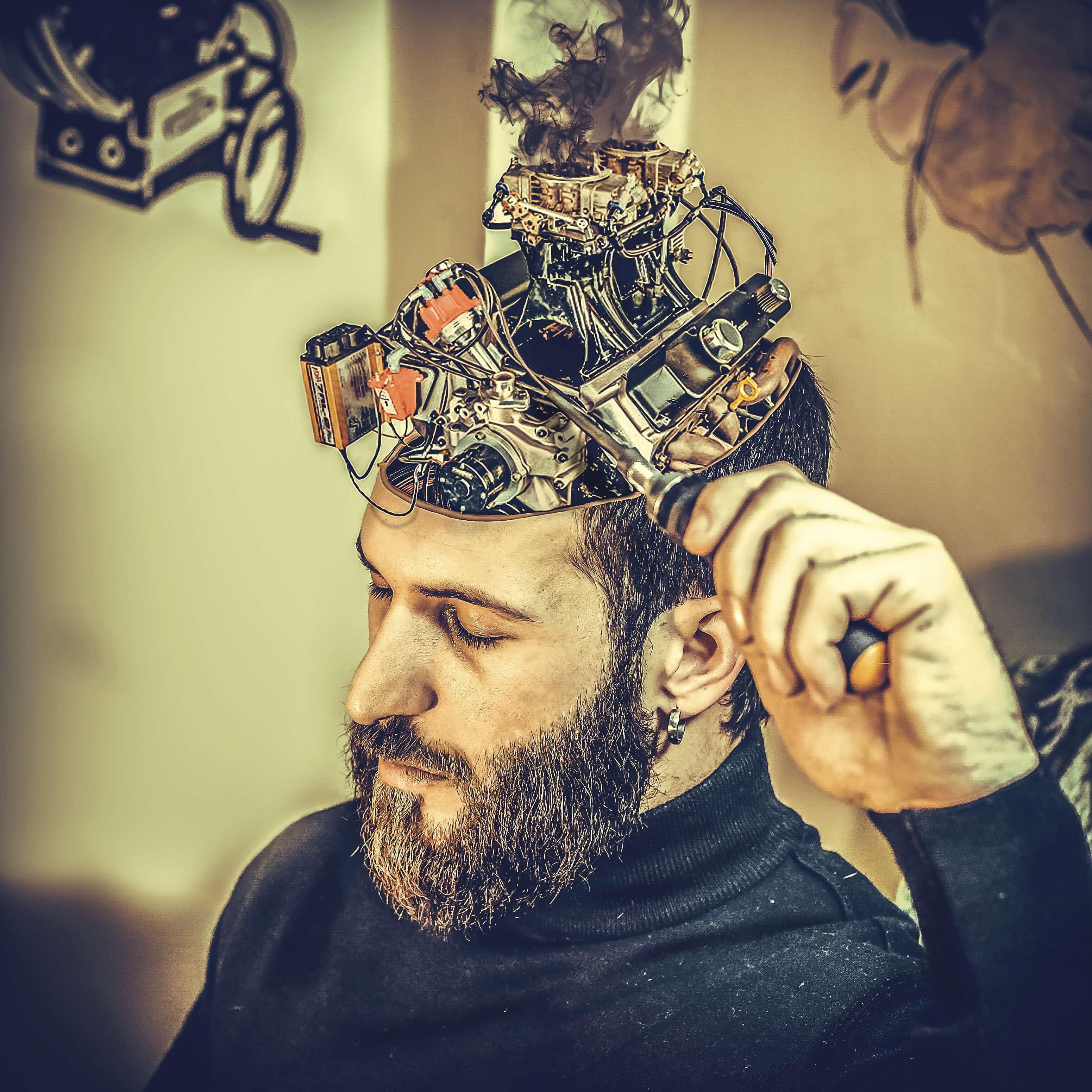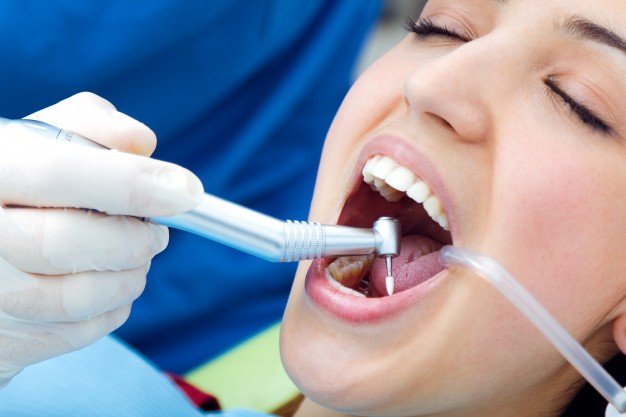Working in a physically demanding job can come with its own unique advantages and disadvantages. If you care for your body properly and look after yourself throughout your working years, your physical job could leave you with a fitter, healthier body in old age. For others, manual labor can lead to injury and weakness over time. If you want to work hard without sacrificing your health, follow these crucial self-care tips.
1. Choose your uniform wisely:
Depending on the type of job you do, you may find that the clothes and shoes you wear to work have a major impact on the way your body feels after a hard day on the job. If you’re on your feet all day, it’s absolutely essential to invest in good quality, safe footwear that will support your back and prevent fatigue and pain. Get yourself a pair of rm Williams boot shoes so you can move freely throughout the day without suffering from the many ailments that ill-fitting, poor quality boots can cause.
2. Don’t neglect protection gear:
Many manual labor jobs come with a range of protective safety equipment designed to prevent accidents and injuries from occurring in the workplace. If your job requires you to wear safety goggles, hard hats, hearing protectors, or respirators, make sure you always keep these on at all times regardless of what’s going on around you. These safety measures could be the difference between a life-long disability and a healthy lifestyle.
3. Fuel up:
While sitting in an office chair all day can easily lead to poor cardiovascular health and speedy weight gain, manual labor often has the opposite effect. When you’re working on your feet all day and lifting heavy objects around, your body needs adequate fuel. Make time to eat a nourishing breakfast before you head to work each day, pack a healthy, nutrient-dense lunch for your break time, and bring plenty of high protein snacks to keep you going.
4. Lift properly:
Improper lifting can easily cause serious back injuries and chronic pain, so it’s essential that you learn and practice proper heavy lifting techniques before you begin a serious manual labor job. One poor lift could leave you with real long-term difficulties, so this step is extremely important.
5. Take care of your skin:
Working around plenty of pollutants and spending your days out in the sun can do some serious damage to your skin. Pre-empt that problem by wearing a high SPF sunscreen every day and moisturising your skin every time you bathe or head to bed. This should help ward off premature aging and rough, dry skin that looks unpleasant and feels uncomfortable.
6. Get into a stretching routine:
Stretching is great for your muscles, joints, and ligaments. It will improve your overall flexibility and make it easier for your body to deal with the hard work you put it through every day. This could help you avoid injuries, work more efficiently, and end the day feeling less worn out.
7. Get plenty of sleep:
A hard day at work will be far more difficult if you’re not properly rested. Head to bed at a reasonable hour and aim to get at least 8 hours of sleep every night. Your body and mind will thank you when morning arrives.






















